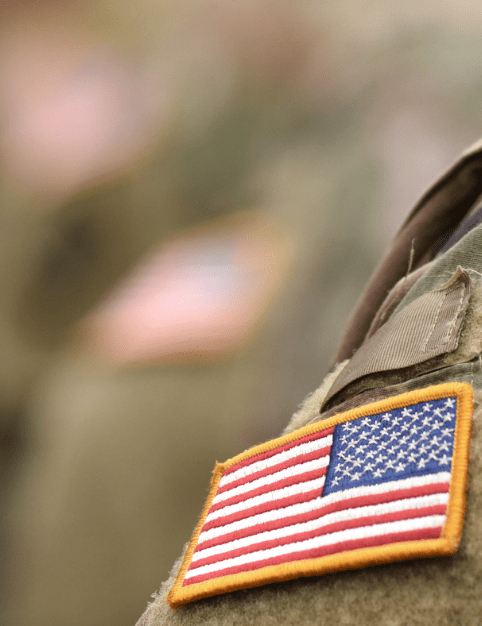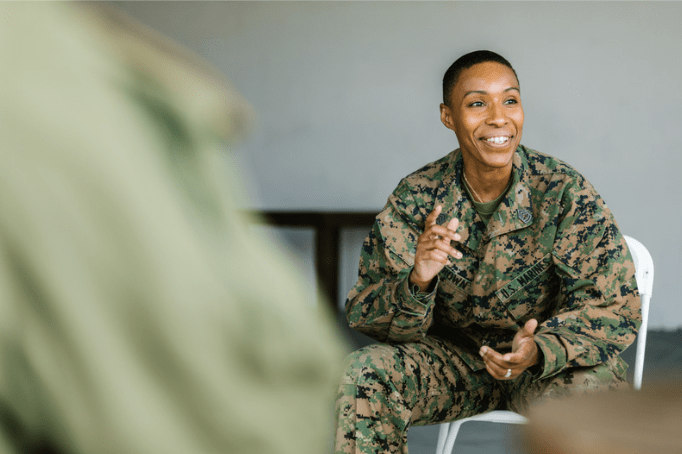Genital Injuries Among Male Troops
Genital injuries can have a severe impact on a mans life. 1,367 men in the United States military suffered injuries to their genitals or urinary tract in Iraq or Afghanistan from 2001 to 2013, mostly from bomb blasts. More than a third of the injuries were severe.
Of the 1,367 injuries reported, 73 percent involved the external genitals. More than a third of the men had at least one injury that was considered severe, 129 lost one of their testes, 17 lost both, and 86 had severe injuries to the penis. Further, 75 men died from their wounds and were not counted in the study. Many had other wounds including traumatic brain injuries, pelvic fractures, colorectal damage and leg amputations.
The number of cases is considered unprecedented and the injuries are devastating due to the potential to impair a man’s ability to have sex, father children, or urinate normally. The majority of wounded men were 35 or younger meaning the psychological toll was considered “especially heavy” due to their young age.
More veterans have genital injuries than in the past due to the higher survival rate of service-members. The high rates could also have to do with the rough terrain in Afghanistan which forced troops to patrol on foot.
What About Starting a Family?
If a service member or veteran’s testicles are badly damaged or amputated and he can no longer produce sperm, the only way to have a child is to use a sperm donor. That process is costly and is not covered by the VA.
Veterans with certain service-connected conditions that result in infertility, and their spouses, may be eligible for in-vitro fertilization (IVF). Coverage is determined case-by-case. However to qualify there are certain requirements:
- The veteran must be legally married
- The veteran must have a service-connected condition cause infertility
- The veteran or spouse must have an intact uterus and at least one functioning ovary or cryopreserved eggs
- The veteran or spouse must be able to produce sperm
In February 2019, a new bill was proposed which would give troops with infertility related to their military service greater access to advanced reproductive treatments including: up to three completed cycles of IVF and cryopreservation of eggs and sperm for those heading into combat. It would also require the Pentagon to establish a policy for retrieving eggs or sperm from seriously injured service members whose fertility or lives are at risk as a result of a wound or illness.
What About a VA Disability Rating?
- If half or more of the penis is removed, then it is rated at 30%
- If the glans is removed then it is rated at 20%
- If the penis is deformed and cannot erect, then it is rated at 20%
- Atrophy of the testicles (when they shrink and become nonfunctional) is rated at 0% if one testicle is atrophied and 20% if both testicles are atrophied.
- If both testicles are removed then it is rated at 30%. If only one testicle is rated then 0%. However, if the remaining testicle is not functioning then the removal is rated at 30%.
Special Monthly Compensation for Genital Injuries
Special monthly compensation (SMC) is awarded to veterans with a service-connected condition, or combination of service-connected conditions considered by the V to be especially serious and debilitating. There are numerous levels of SMC benefits depending on the nature of the disability, and the amount of compensation varies for each type.
SMC (k) has a compensation rate of $110.31 per month. This encompasses loss of use of a body part or function. This is in addition to:
- Regular VA disability compensation
- Special Monthly compensation
SMC (k) can be given for EACH body part that is lost or cannot function. SMC(k) covers the physical loss of a creative organ including ovaries, uterus, testicles, etc. It also covers loss of use of a creative organ.
Veterans Help Group have been supporting veterans in getting the benefits they deserve since 1995. If you or a loved one served, and suffer from a genital injury, we are here to help. Call Veterans Help Group at 855-855-8992 or complete our free veterans benefits case evaluation form.

How to Apply for VA Disability Compensation
It's one thing to know how to apply for VA disability compensation. It's another to understand the...

What is the VA DBQ?
What is the VA DBQ? A VA Disability Benefits Questionnaire (DBQ) is a form used to convey...

Most Commonly Approved VA Disability Claims
Most Commonly Approved VA Disability Claims Veterans receive VA disability benefits for a wide...





